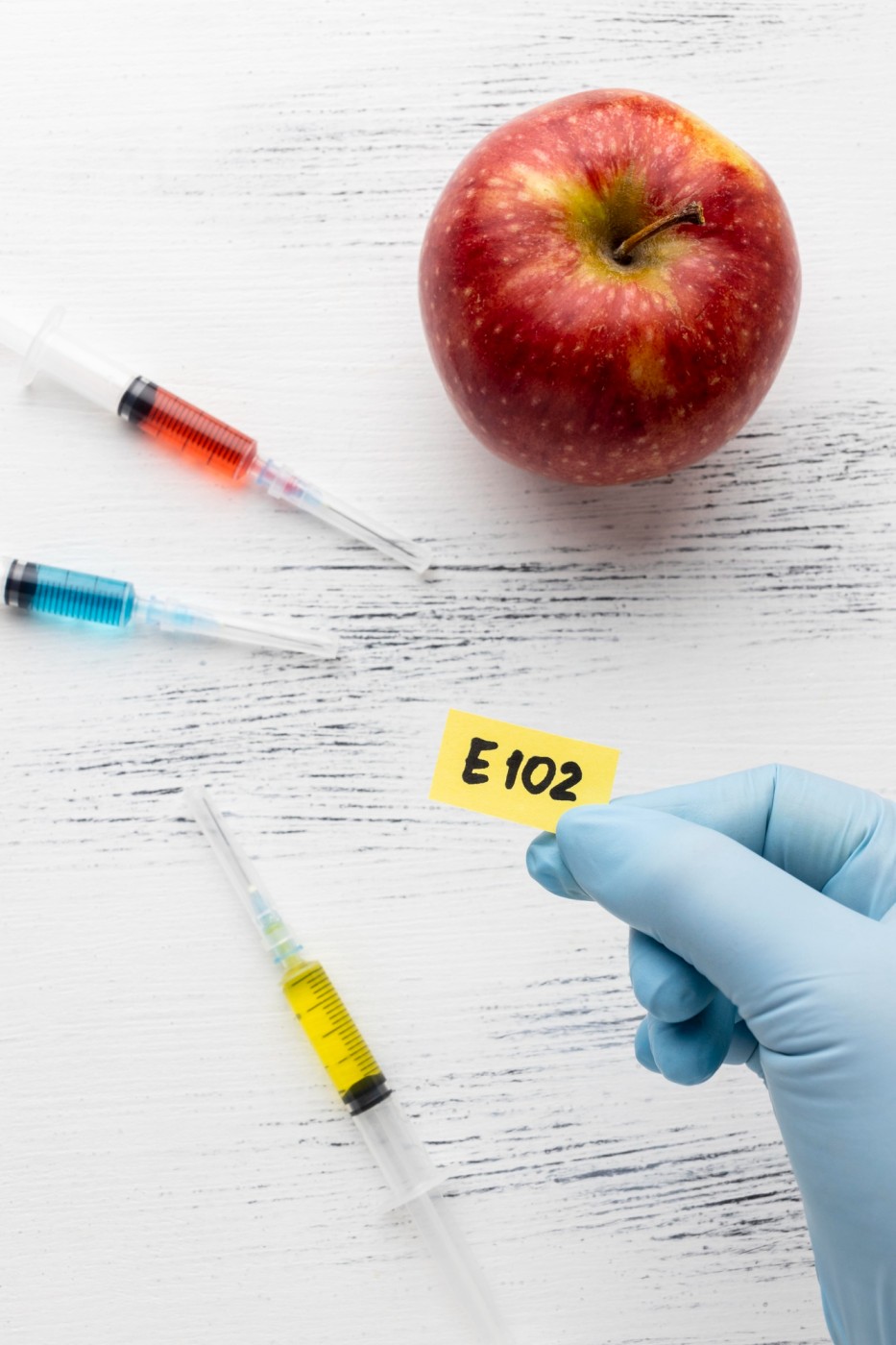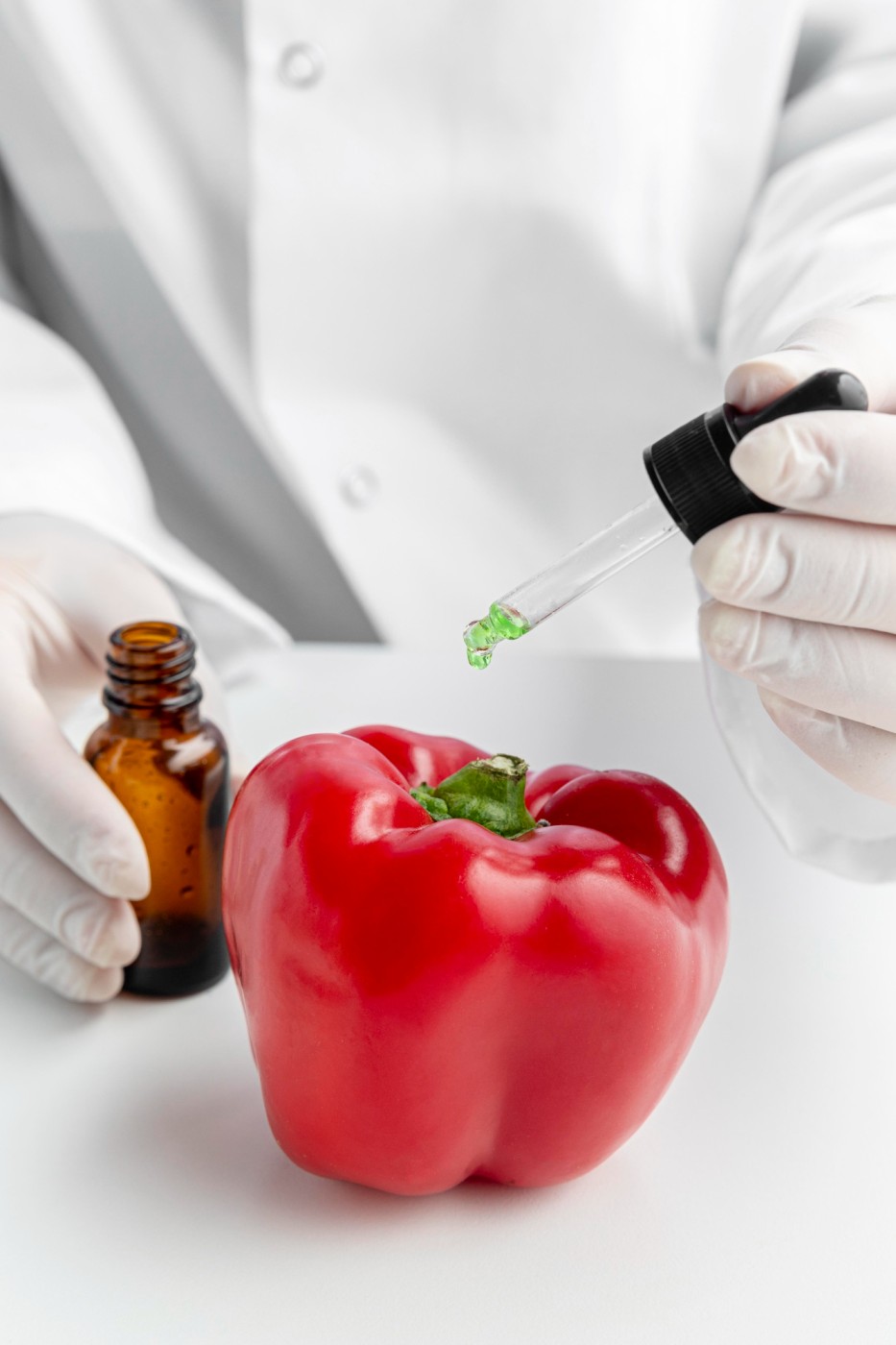What is Nutrition Deficiency
Nutrition deficiency, or malnutrition, occurs when the body does not get the necessary nutrients it needs to function properly. This can happen due to an inadequate or unbalanced diet, problems with absorption of nutrients, or certain medical conditions.
Common Types of Nutrient Deficiencies
- Iron Deficiency: Can cause anemia, leading to fatigue, weakness, and pale skin.
- Vitamin D Deficiency: Can result in bone disorders like rickets in children and osteomalacia or osteoporosis in adults.
- Vitamin B12 Deficiency: May cause anemia, fatigue, and neurological problems.
- Calcium Deficiency: Can lead to weakened bones, increased risk of fractures, and osteoporosis.
- Vitamin A Deficiency: Can cause vision problems, including night blindness, and increase susceptibility to infections.
- Magnesium Deficiency: May result in muscle cramps, mental disorders, and heart disease.
- Folate (Vitamin B9) Deficiency: Important for pregnant women to prevent birth defects; deficiency can cause anemia.
- Protein Deficiency: Can lead to muscle wasting, weakened immune response, and growth issues in children.
- Iodine Deficiency: Can cause thyroid gland problems, such as goiter, and developmental issues in children.





